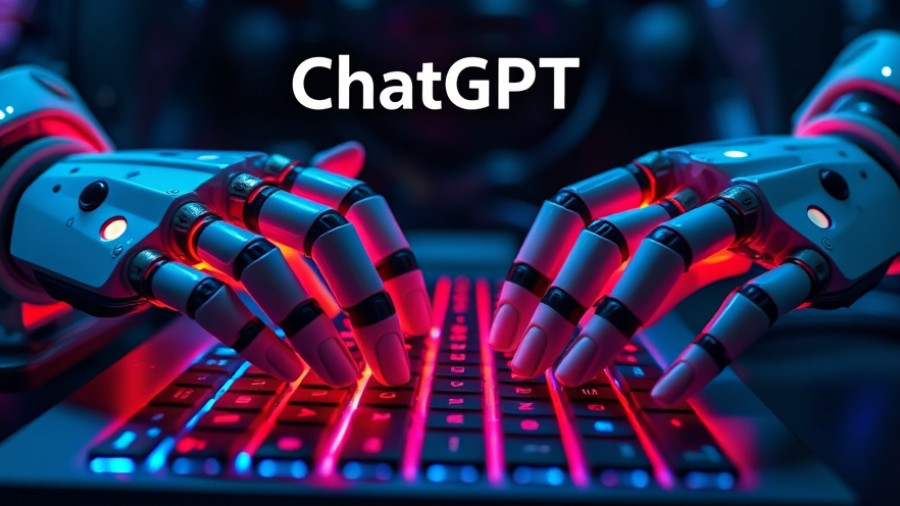
Reimagining AI: The Key to Workplace Success
As companies ramp up their adoption of artificial intelligence (AI), a vital message is emerging that every business leader and startup founder should heed: to unlock AI's transformative potential, organizations must first invest in training their employees. Steven Mills, Global Chief AI Ethics Officer at Boston Consulting Group (BCG), asserts that hands-on training is not just beneficial but necessary, with employees ideally requiring about five hours of training to truly grasp AI’s capabilities. This aligns with recent findings from BCG’s research, which indicates that only a fraction of companies currently harnessing AI are reaping substantial rewards from it.
Creating a Virtuous Cycle of Value
Mills emphasizes that the real magic begins once employees understand what AI can do. Initial tasks, such as using AI to refine email drafts, can spark greater curiosity and creativity in how employees incorporate AI into their workflows. This progressive unlocking of potential creates a 'virtuous cycle,' where each success with AI leads to deeper engagement and utilization of the technology. Unfortunately, current stats reveal that only about 5% of businesses are capitalizing on AI, indicating a gap that needs to be addressed.
Beyond Basic Integration – A Call for Transformation
One fundamental misstep companies often make is relegating AI to a tool within outdated processes. Mills advocates for a broader perspective: leaders should be asking how AI can fundamentally change their business narratives. This transformational approach goes beyond mere tool deployment; it's about reinventing how businesses operate to leverage AI more effectively. The call to action is clear: organizations must rethink and reimagine their processes and service offerings with AI at the forefront.
The Role of Public Sector in AI Adoption
Interestingly, the influence of private sector advancements is beginning to shape public sector dynamics as well. As AI technology becomes more widely available and affordable, particularly within governmental agencies, we might witness a rapid acceleration of AI adoption across various sectors. Mills highlighted this trend, stating that government bodies are starting to catch up, encouraged by the technology's accessibility.
Investing in the Future
For startups and established companies alike, the path forward is evident. Investing in employee training and embracing a culture of innovation around AI can provide a significant competitive edge. By fostering understanding and encouraging experimentation, businesses can ensure they are not merely keeping pace with AI advancements but setting themselves up as leaders in their fields.
In conclusion, the imperative to invest in AI employee training and rethink business processes is not just an operational necessity—it's a strategic opportunity to drive innovation and growth. As the AI landscape continues to evolve, those who adapt and engage their workforce are likely to emerge as the frontrunners in this exciting new frontier. For businesses looking to capitalize on AI's promise, it’s time to act.
 Add Row
Add Row  Add
Add 




Write A Comment